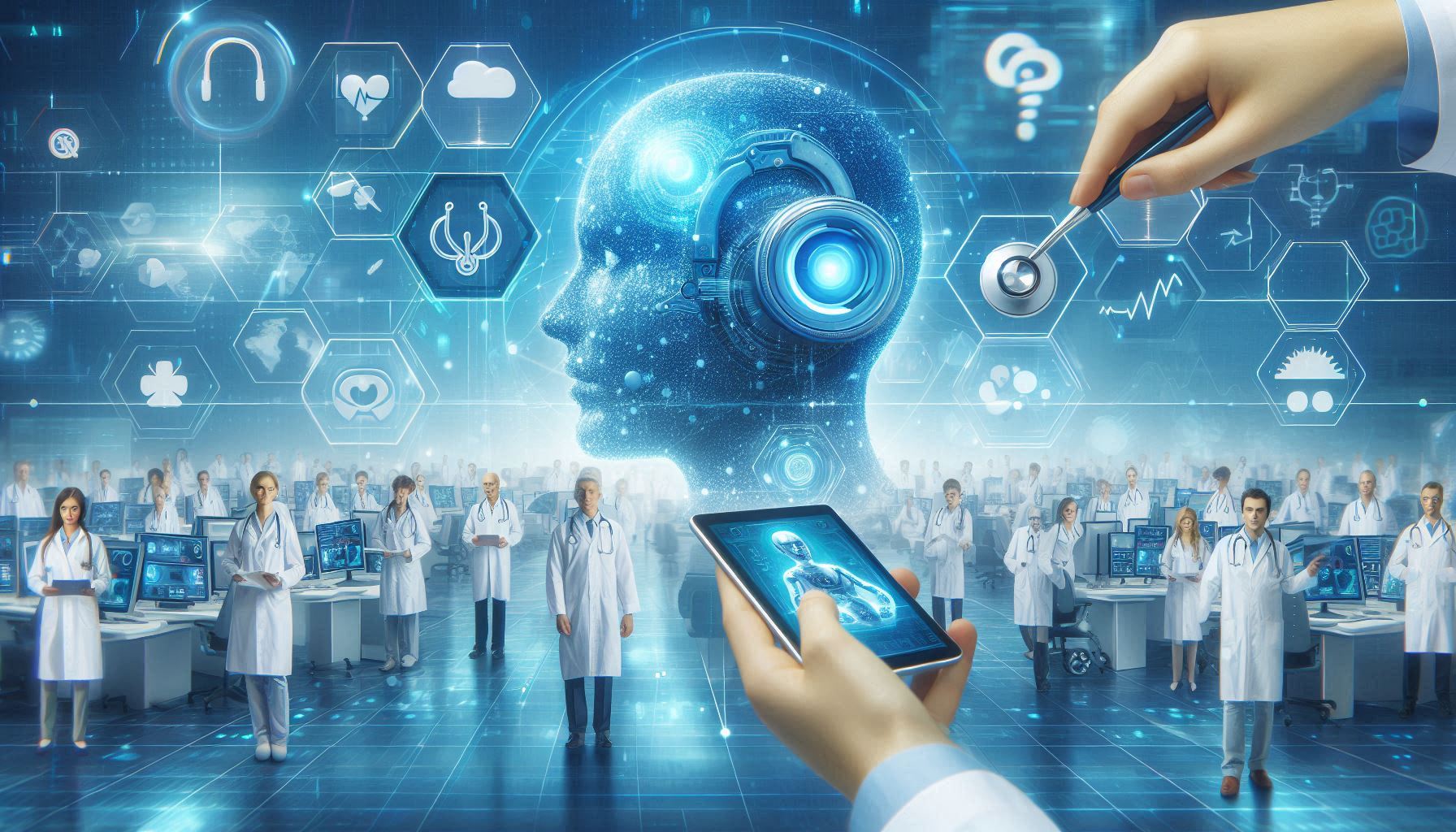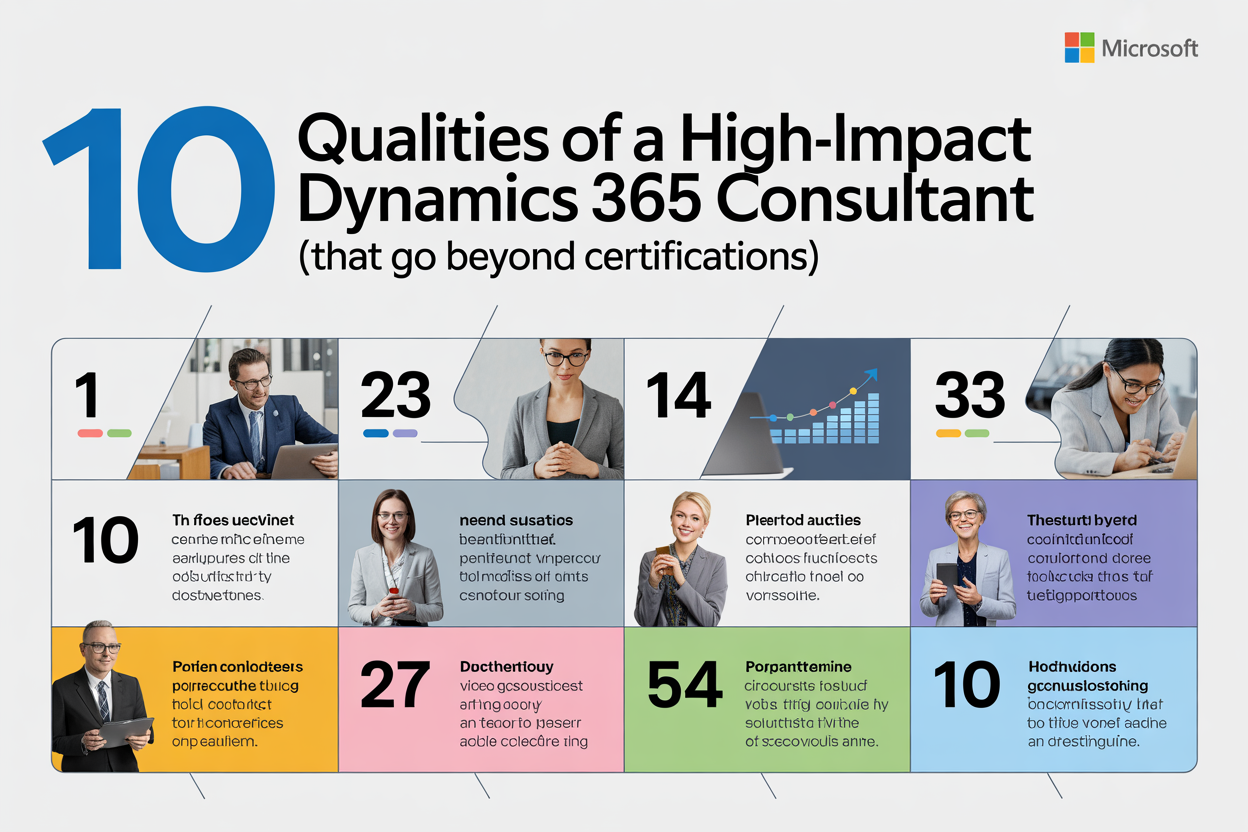In today’s fast-paced world, AI automation in healthcare is transforming how doctors and healthcare providers deliver care. Advancements in artificial intelligence (AI) are automating tasks that previously required extensive human intervention, allowing healthcare professionals to focus on delivering the best possible care. This article explores how AI automation is revolutionizing healthcare, its benefits for doctors, and the future potential it holds for the healthcare industry.
The Role of AI Automation in Healthcare
AI has been making waves in healthcare for years, aiding doctors with everything from diagnostic tools to robotic surgeries. One area where AI is particularly impactful is automating routine administrative tasks. By streamlining workflows, reducing administrative burdens, and enhancing patient outcomes, AI frees healthcare providers to focus on patient care.
For example, AI can automate tasks such as patient data entry, insurance claims processing, and appointment scheduling—tasks that traditionally consume considerable time. By automating these repetitive processes, AI allows healthcare professionals to concentrate on delivering care more efficiently.
Stay updated on the latest trends in AI automation in healthcare by visiting Healthcare AI News.
AI in Diagnostics: Improving Accuracy and Speed
AI-powered tools are significantly improving diagnostic accuracy and speed. Traditionally, diagnosing medical conditions involved extensive analysis of medical data, including lab results, imaging scans, and patient histories. AI is changing that by providing automated tools to analyze data more quickly and accurately.
For instance, AI can analyze medical images like X-rays, MRIs, and CT scans with remarkable precision. AI algorithms can detect early signs of diseases such as cancer, heart disease, and neurological disorders faster than human capabilities. This allows for early detection and timely treatment, improving patient recovery rates.
AI systems continuously learn, improving their ability to recognize patterns and provide more accurate diagnoses, reducing human error in the process.
AI Automation in Patient Monitoring: Enhancing Personalized Care
AI is also transforming patient monitoring. With the help of wearable devices and smart sensors, healthcare providers can monitor vital signs such as heart rate, blood pressure, and oxygen levels remotely. AI-powered systems can analyze this data in real-time and alert doctors if abnormal readings are detected.
This automation enables doctors to offer personalized care. They can receive patient updates without being physically present, allowing them to intervene early if necessary. For patients, this means less time spent in the hospital and more time spent at home, facilitating rest and recovery.
Reducing Healthcare Costs with AI Automation
Rising healthcare costs have been a significant concern, but AI automation in healthcare is helping reduce these costs. By improving operational efficiency, minimizing errors, and streamlining processes, AI can lower healthcare expenses. For instance, AI can automate billing and coding, reducing the risk of human error and administrative overhead.
AI can also improve resource management by optimizing the use of equipment, staff, and hospital beds. Efficient operations lead to lower costs for both providers and patients.
Improved Treatment Plans through AI-Driven Data Analysis
AI also plays a crucial role in creating personalized treatment plans. Traditionally, crafting a treatment plan involved analyzing vast amounts of medical data and literature. Now, AI automates this process, helping doctors quickly suggest the best course of treatment based on patient data and medical history.
With AI assistance, doctors can quickly identify effective treatments, improving patient outcomes and reducing the time spent determining the right therapy. AI systems can also track a patient’s progress and suggest modifications to the treatment plan as needed.
AI-Powered Virtual Assistants: Enhancing Communication and Care
One common challenge in healthcare is the communication gap between doctors and patients. AI is addressing this by introducing virtual assistants that help improve patient education and communication.
AI-powered virtual assistants can explain conditions, medications, and treatment plans in simple terms. They can answer common questions, schedule appointments, and send reminders about upcoming procedures or medication doses. This enhances communication and ensures patients receive the right care at the right time.
Data Security and Privacy: How AI Helps Protect Patient Information
In today’s digital age, protecting patient data is crucial. AI automation helps ensure data security by detecting suspicious activities in patient records and flagging potential security breaches in real-time.
Additionally, AI ensures that patient data is stored and accessed in compliance with privacy regulations like HIPAA. This automated compliance helps healthcare providers avoid costly fines and ensures the privacy and protection of patient data.
AI Automation in Healthcare: The Future of Medicine
As AI continues to evolve, its potential in healthcare seems limitless. In the future, we can expect even more advanced AI tools that assist with surgeries, personalized treatments, and patient care. AI has the power to revolutionize healthcare, making it more efficient, accurate, and accessible globally.
However, with these advancements comes the responsibility to ensure AI is implemented ethically and securely, benefiting both patients and healthcare providers.
Conclusion: The Impact of AI Automation in Healthcare
In conclusion, AI automation in healthcare is a game-changer. From improving diagnostics to reducing costs, enhancing communication, and protecting patient data, AI empowers doctors to deliver smarter, faster care. As AI evolves, its role in healthcare will only expand, making it an integral part of the future of medicine.
By automating routine tasks and improving the accuracy and speed of healthcare services, AI allows doctors to save time, reduce errors, and ultimately provide better care. The future of healthcare is here, and it’s powered by AI.
For a deeper understanding of how AI can be applied across industries, explore AI Automation in Business and Transforming Healthcare with Technology
Sign up for our Daily newsletter
We'll be in your inbox every morning Monday-Saturday with all the day’s top business news, inspiring stories, best advice and reporting from Entrepreneur,


